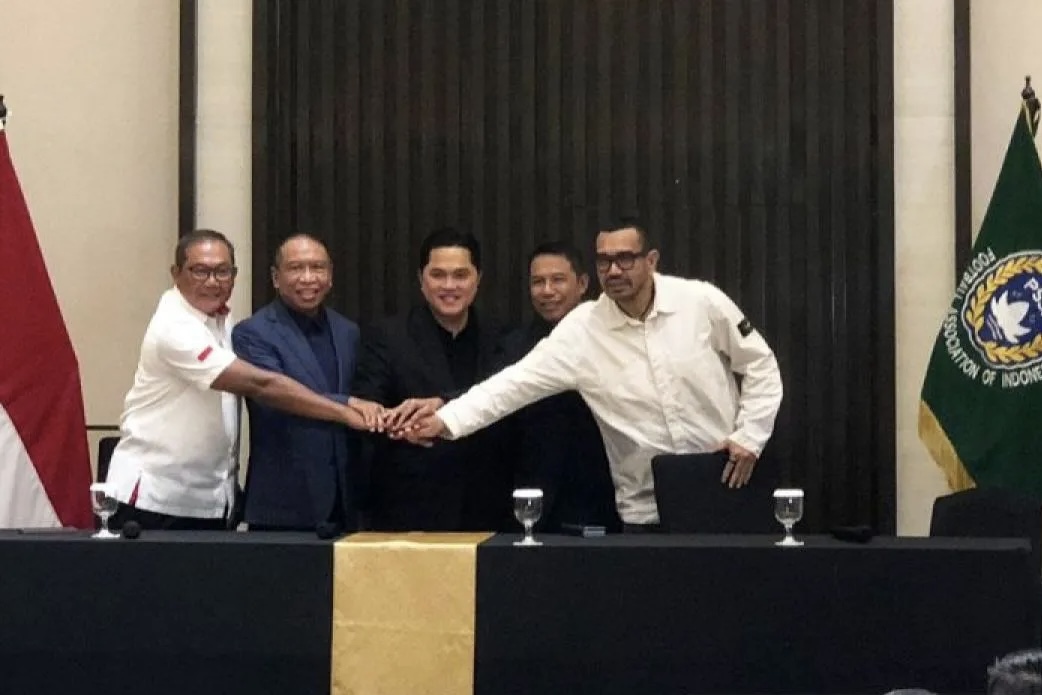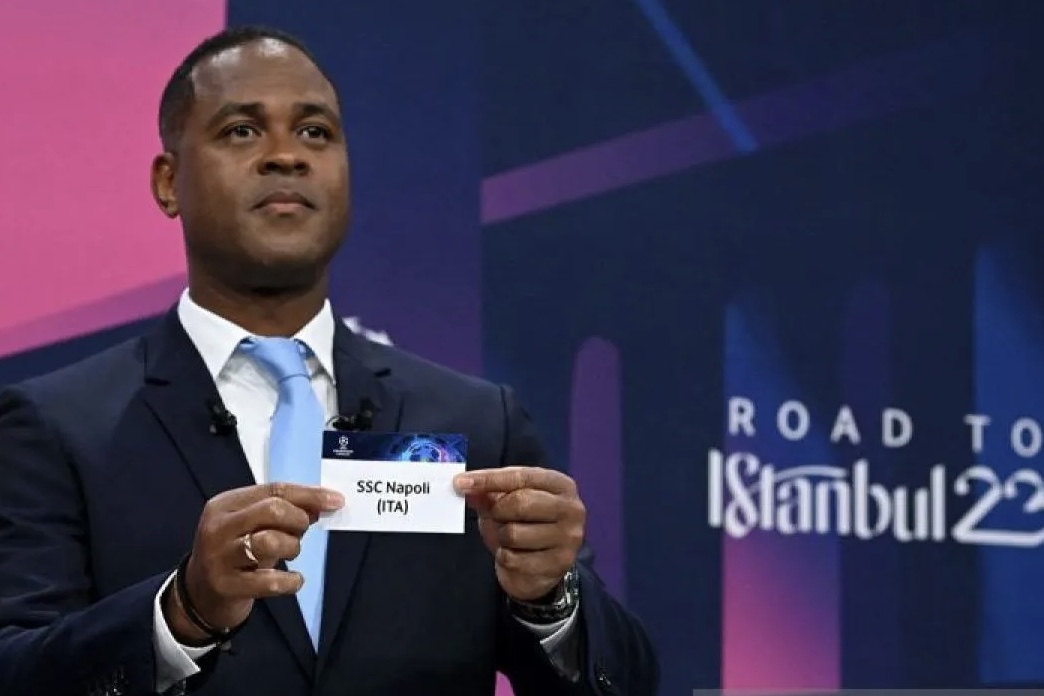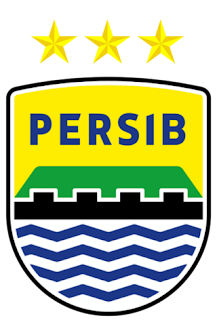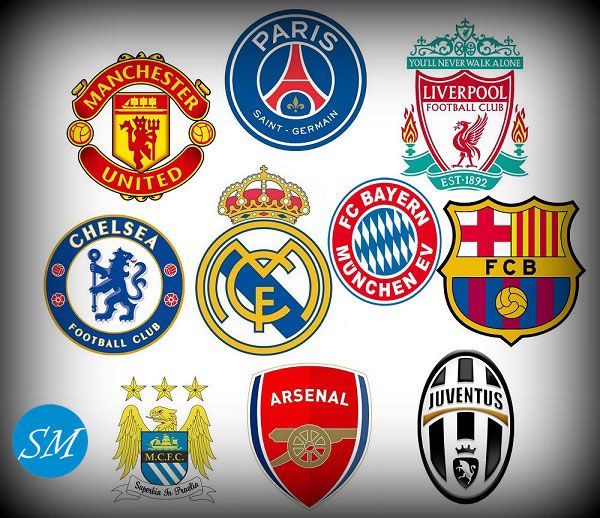
The Korean Maestro: Shin Tae-yong’s Transformative Reign Over Indonesian Football
The whispers began in late 2019, growing louder with each passing day, until they culminated in an announcement that sent shockwaves of anticipation through the passionate heart of Indonesian football. Shin Tae-yong, the tactical maestro who had led South Korea to a historic World Cup victory over Germany, was confirmed as the new head coach of the Indonesian senior national team. It was a signing of unprecedented ambition for the Football Association of Indonesia (PSSI), signaling a bold new chapter for a nation perennially described as a “sleeping giant” in Asian football. This article delves into the intricate journey of Shin Tae-yong’s tenure, exploring the challenges he inherited, the transformative changes he has implemented, the milestones achieved, and the enduring vision he holds for the Garuda squad.
A Nation’s Enduring Quest: The Context of Indonesian Football
For decades, Indonesian football has been characterized by immense popular passion coupled with frustrating underperformance on the international stage. Despite boasting a population exceeding 270 million and a fervent fan base that fills stadiums and consumes football with unparalleled enthusiasm, the national team, often dubbed “Garuda,” has rarely translated this support into consistent success. Historical issues have plagued the sport: inconsistent coaching philosophies, a lack of long-term strategic planning, inadequate youth development infrastructure, and recurrent internal conflicts within the PSSI itself. The FIFA ranking often languished outside the top 150, and appearances at major continental tournaments like the AFC Asian Cup were sporadic, largely relying on hosting rights.
Prior to Shin Tae-yong’s arrival, the coaching merry-go-round was a familiar sight, with foreign and local coaches alike struggling to implement lasting change amidst a backdrop of high expectations and limited resources. The national team often displayed flashes of individual brilliance but lacked the tactical cohesion, physical conditioning, and mental fortitude required to compete with Asia’s elite. The appointment of a coach with Shin’s pedigree, fresh from the biggest stage in world football, was not merely an upgrade in technical expertise; it was a statement of intent, a desperate plea for a paradigm shift.
The Architect: Who is Shin Tae-yong?
Shin Tae-yong’s reputation precedes him. As a player, he was a dynamic midfielder, a one-club man for Seongnam Ilhwa Chunma (now Seongnam FC), where he won multiple K-League titles and the Asian Club Championship. His transition to coaching was equally impressive. He cut his teeth as an assistant at Seongnam before taking the helm, leading the club to an unlikely AFC Champions League title in 2010 – a testament to his tactical acumen and ability to maximize player potential.
His journey continued with the Korean national team setup, first with the U-23s at the Rio Olympics, then the U-20s at the 2017 FIFA U-20 World Cup, and finally, the senior national team. It was with the Taeguk Warriors that Shin etched his name into global football folklore. Tasked with navigating a challenging 2018 World Cup group alongside Germany, Mexico, and Sweden, Shin’s tactical flexibility and ability to instill belief saw his side pull off one of the tournament’s biggest upsets: a stunning 2-0 victory over defending champions Germany. This result, though not enough to progress from the group, showcased his ability to prepare a team to execute a complex game plan against superior opposition under immense pressure.
Shin’s coaching philosophy is built on several pillars: an unwavering commitment to tactical discipline, a relentless emphasis on physical fitness and endurance, a willingness to adapt formations and strategies based on opponents, and a strong belief in nurturing young talent. These attributes made him an ideal candidate for Indonesia, a nation brimming with raw potential but lacking the structured guidance to harness it.
The Appointment and Initial Mandate
Shin Tae-yong’s contract with PSSI was a significant one, not just in its financial terms but in its scope. He was not merely appointed as the senior team coach but given a broader mandate, including overseeing the U-19 and U-23 national teams. This comprehensive approach was crucial, aiming to synchronize the development pathways and ensure a consistent playing philosophy across all age groups, thereby building a sustainable pipeline of talent for the future. The initial goals were ambitious: improve Indonesia’s FIFA ranking, make the team competitive in Southeast Asia, and, most importantly, lay the groundwork for future Asian Cup and World Cup qualification campaigns.
Navigating the Early Storms: Foundations and Fundamentals
Shin’s arrival in December 2019 was met with immediate enthusiasm, but the honeymoon period was swiftly interrupted by unforeseen global events. The COVID-19 pandemic severely curtailed his initial plans, limiting training camps and postponing crucial qualifiers. This period, however, allowed Shin to focus on foundational elements that Indonesian football had often neglected: physical conditioning and mental resilience.
Stories quickly emerged from the training camps about the grueling fitness regimes implemented by Shin and his Korean coaching staff. Players, accustomed to a more relaxed approach, were pushed to their physical limits, undergoing intense drills, strict dietary plans, and rigorous recovery protocols. This was a cultural shock for many, but it was a necessary step to bridge the physical gap between Indonesian players and their regional and continental counterparts. Shin also emphasized tactical understanding, repeatedly drilling players on positioning, pressing triggers, and quick transitions. He demanded absolute discipline, both on and off the pitch, fostering a professional environment that had often been absent.
Early results were mixed, as expected. The team was still adapting, and the lack of competitive matches due to the pandemic hampered immediate progress. However, signs of structural change were visible. The team started to show improved stamina in the latter stages of games, tactical awareness grew, and a newfound fighting spirit began to emerge, even in defeats.
The Shin Tae-yong Blueprint: Transformation in Progress
Shin Tae-yong’s impact on Indonesian football can be dissected into several key areas:
- Tactical Flexibility and Aggression: Shin is not wedded to a single formation. He has experimented with various setups, from 4-4-2 to 3-4-3, adapting to the strengths of his players and the weaknesses of opponents. His teams often employ a high-pressing game, aiming to win the ball back quickly and launch rapid counter-attacks. This aggressive, high-energy style demands immense physical fitness, which became a cornerstone of his training.
- Physical Fortitude: This is arguably Shin’s most visible and immediate contribution. Indonesian players, historically prone to fading in the second half, now exhibit significantly improved endurance. This allows them to maintain high-intensity pressing and attacking movements for the full 90 minutes, a crucial factor in competitive matches.
- Mental Resilience and Discipline: Shin has instilled a strong sense of belief and professionalism within the squad. He demands unwavering focus, discipline in adhering to game plans, and a never-say-die attitude. Players who previously might have crumbled under pressure now show greater mental toughness.
- Youth Integration: True to his mandate, Shin has consistently promoted young talents from the U-19 and U-23 ranks into the senior squad. Players like Marselino Ferdinan, Witan Sulaeman, Egy Maulana Vikri, and Asnawi Mangkualam have become integral parts of the national team, injecting youthful exuberance, speed, and technical skill. This commitment to youth ensures a sustainable future for the national team.
- Naturalization Program: Under Shin’s guidance, and with PSSI’s support, Indonesia has strategically pursued the naturalization of players with Indonesian heritage playing abroad. This has brought in a new level of quality and experience, with players like Jordi Amat, Sandy Walsh, Ivar Jenner, and Rafael Struick significantly strengthening key positions. This controversial but effective strategy has been crucial in immediately elevating the team’s competitiveness, blending local talent with European-trained professionalism.
Milestones and Memorable Moments
Shin Tae-yong’s tenure, while yet to yield a major trophy, has been marked by significant milestones:
- AFF Cup Runner-up (2020 & 2022): Despite not winning, Indonesia reached the final of the 2020 AFF Cup (played in 2021 due to COVID), losing to Thailand. The team, primarily composed of young players, displayed an exciting brand of attacking football, captivating fans. They also reached the semi-finals in 2022.
- Historic Asian Cup Qualification (2023): This was perhaps the crowning achievement of his tenure so far. For the first time in 16 years (and not as host), Indonesia qualified for the AFC Asian Cup 2023 (to be played in early 2024). This achievement signaled Indonesia’s return to Asia’s top tier and generated immense excitement.
- FIFA Ranking Ascent: Under Shin, Indonesia’s FIFA ranking has steadily climbed, reflecting improved performance and consistency, moving well into the top 150 and showing potential to climb further.
- Competitive Youth Teams: The U-19 and U-23 teams have also shown marked improvement, competing strongly in regional tournaments like the SEA Games and AFC youth championships, indicating the success of the synchronized development approach.
Challenges and Controversies
Shin Tae-yong’s journey has not been without its hurdles. Public disagreements with elements within the PSSI have occasionally surfaced, particularly concerning training camps, player releases, and even his contract status. The intense physical demands of his training have also led to concerns about player fatigue and injuries, though these are often seen as necessary pains for long-term gain. Furthermore, the inconsistent quality and scheduling of the domestic league, Liga 1, remain a significant challenge, making it difficult for players to maintain peak fitness and tactical sharpness between national team camps. And, of course, the ultimate prize – a major trophy – remains elusive, constantly fueling the high expectations of the passionate Indonesian fanbase.
Looking Ahead: The Road to Global Ambition
As Indonesia prepares for the AFC Asian Cup 2023 (in Qatar, early 2024) and the subsequent World Cup Qualifiers, the focus remains firmly on continued progress. The Asian Cup will be a litmus test, providing an opportunity to gauge the team’s standing against continental powerhouses. A strong showing there would further validate Shin’s methods and boost the team’s confidence for the challenging World Cup qualification path.
The future of Indonesian football under Shin Tae-yong hinges on several factors: continued support from the PSSI, consistent player development, the seamless integration of naturalized talents, and most importantly, translating potential into tangible results. The dream of reaching a FIFA World Cup, once a distant fantasy, now feels like a more tangible, albeit still monumental, goal.
Conclusion: A Legacy in the Making
Shin Tae-yong’s appointment as the head coach of the Indonesian national team was a gamble, a significant investment in a vision of transforming the nation’s footballing landscape. Four years into his tenure, it is clear that the gamble has paid off handsomely. He hasn’t merely coached; he has revolutionized the mindset, raised the professional standards, and fundamentally altered the trajectory of Indonesian football.
Shin Tae-yong has instilled a newfound belief, discipline, and tactical intelligence in the Garuda squad. He has laid a robust foundation built on physical fitness, youth development, and strategic player integration. While the ultimate silverware still beckons, his legacy is already profound: he has given Indonesian football a clear identity, a defined playing style, and, most crucially, hope. The “sleeping giant” is stirring, awakened by the meticulous, demanding, and visionary leadership of the Korean maestro. The journey is far from over, but for the first time in a long time, Indonesian football is looking forward with genuine optimism.



